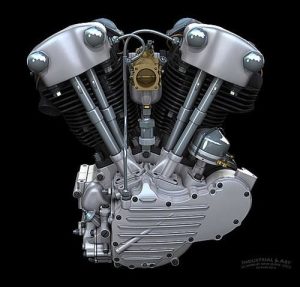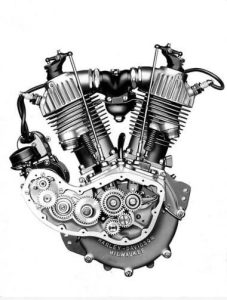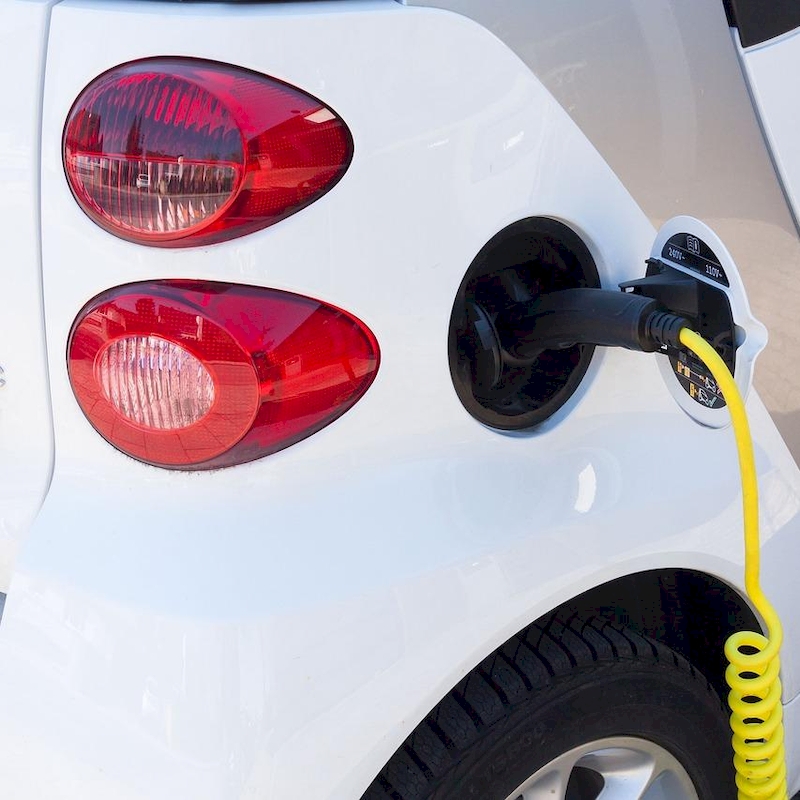Facing engine trouble can be a stressful situation for any car owner. A sputtering engine, lack of power, and an illuminated check engine light are all telltale signs that something might be wrong. Among the potential solutions, engine rebuilds often come up as an option. But is an engine rebuild the right choice for you? How much does it cost, and what are the alternatives? This guide will delve into everything you need to know about engine rebuilds, helping you make an informed decision about your car’s future.
Understanding Engine Rebuilds
An engine rebuild is a major repair process that involves disassembling the engine, cleaning and inspecting its components, and replacing worn-out or damaged parts. Depending on the extent of the damage, the rebuild process can involve:

- Machining the engine block and cylinder head: This ensures a proper seal between components and restores tolerances to factory specifications.
- Replacing pistons, rings, and bearings: These components experience wear and tear over time, and replacing them is crucial for optimal engine performance.
- Refurbishing or replacing valves, valve springs, and other internal components: Worn valves and weak springs can hinder proper combustion and engine efficiency.
The goal of an engine rebuild is to essentially restore the engine to a like-new condition, offering several benefits:
- Improved performance: A rebuilt engine should regain lost power and deliver smoother operation.
- Enhanced fuel efficiency: Worn engine components can contribute to decreased fuel economy. A rebuild can address this issue.
- Extended engine life: A properly rebuilt engine can significantly extend the lifespan of your vehicle.
- Reliable operation: By replacing worn parts, a rebuild can minimize the risk of future breakdowns.
How Much Does an Engine Rebuild Cost?
Engine rebuild costs can vary depending on several factors, including:

- Engine type: Rebuilding a complex, high-performance engine will naturally cost more compared to a simpler, four-cylinder engine.
- Extent of damage: The more extensive the damage to the engine, the more parts will need replacement, driving up the overall cost.
- Labor rates: Mechanic labor costs can vary depending on your location and the experience level of the mechanic.
- Quality of replacement parts: Opting for high-quality, OEM (Original Equipment Manufacturer) parts will ensure a more durable and reliable rebuild, but it will also be more expensive than using aftermarket parts.
Here’s a general breakdown of engine rebuild costs:
- Four-cylinder engine: $1,500 to $2,500
- V6 engine: $2,000 to $4,000
- V8 engine or larger: $4,500 and above
These are estimated ranges. It’s crucial to get quotes from reputable mechanics to determine the exact cost for rebuilding your specific engine.
Factors to Consider Before an Engine Rebuild
Before committing to an engine rebuild, it’s essential to weigh the costs and benefits against other options. Here are some key considerations:

- Vehicle value: If the value of your car is significantly lower than the estimated rebuild cost, it might be more cost-effective to consider a replacement engine or even a new car altogether.
- Severity of damage: A minor engine issue might be resolved with a more targeted repair, avoiding the need for a complete rebuild.
- Your mechanical expertise: Rebuilding an engine is a complex task. If you’re not comfortable with DIY repairs, factor in the labor costs when considering a rebuild.
Alternatives to Engine Rebuilds
Engine rebuilds aren’t the only solution for engine trouble. Here are some alternative options to consider:
- Engine replacement: Replacing the entire engine with a used or remanufactured engine can be a more cost-effective option, especially for older vehicles.
- Major engine repairs: Depending on the specific problem, a targeted repair like replacing a head gasket or worn-out camshaft might suffice.
- Sell the car as-is: If the engine damage is extensive and repairs are not feasible, selling the car “as-is” might be a viable option.
The Decision: Rebuild or Replace?
Ultimately, the decision of whether to rebuild your engine depends on your specific circumstances. Here’s a helpful decision-making framework:

- If your car has high sentimental value or is a classic model, an engine rebuild might be worthwhile to preserve its originality and longevity.
- If your car is relatively new and the rebuild cost is comparable to the car’s value, a rebuild can be a good investment to extend its life.
- If your car is older and the rebuild cost is significantly higher than the car’s value, explore alternative options like engine replacement or selling the car.
Finding a Reputable Mechanic for Your Engine Rebuild
An engine rebuild is a major undertaking, and choosing the right mechanic is crucial for a successful outcome. Here are some tips to find a qualified professional:
- Ask for recommendations: Talk to friends, family, and fellow car enthusiasts for recommendations on reputable mechanics experienced in engine rebuilds.
- Check online reviews: Look for mechanics with positive online reviews on platforms like Google My Business, Yelp, and the National Institute for Automotive Service Excellence (ASE) website.
- Seek ASE certification: The ASE certification program recognizes mechanics who have demonstrated their knowledge and skills in various automotive repair areas. Look for mechanics with certifications relevant to engine repair.
- Get quotes from multiple shops: Don’t settle for the first quote you receive. Get estimates from several repair shops to compare prices and services offered.
- Ask detailed questions: During consultations, ask specific questions about the mechanic’s experience with rebuilding your specific engine type. Inquire about the parts they plan to use, the warranty offered on the rebuild, and the estimated timeframe for completion.
DIY Engine Rebuild: Is it Right for You?
Rebuilding an engine can be a rewarding experience for car enthusiasts with strong mechanical skills and access to specialized tools and equipment. However, it’s not a project for the faint of heart. Here’s a reality check before diving into a DIY rebuild:

- Complexity: Engine rebuilds are intricate processes requiring a thorough understanding of engine mechanics and extensive experience.
- Time commitment: Disassembling, inspecting, cleaning, and rebuilding an engine can be a time-consuming project, taking days or even weeks to complete.
- Specialized tools: Engine rebuilds often require specialized tools and equipment that can be expensive to purchase or rent.
- Risk of errors: Even minor mistakes during a rebuild can lead to significant engine problems down the road.
If you’re unsure about your mechanical abilities or lack the necessary tools and resources, it’s best to leave engine rebuilds to experienced professionals.
Taking Care of Your Rebuilt Engine
Once you’ve invested in an engine rebuild, proper maintenance is crucial to ensure its longevity and optimal performance. Here are some essential practices:
- Follow recommended maintenance intervals: Refer to your car’s owner’s manual for service schedules and religiously follow them. This includes regular oil changes, spark plug replacements, and air filter changes.
- Use high-quality oil: Engine oil plays a vital role in lubricating and protecting engine components. Opt for high-quality oil recommended by your car manufacturer.
- Warm up the engine before driving: Avoid putting a strain on the rebuilt engine by allowing it to reach operating temperature before aggressive driving.
- Monitor fluid levels regularly: Regularly check engine oil, coolant, and other fluid levels to ensure proper lubrication and cooling.
By following these tips, you can extend the lifespan of your rebuilt engine and enjoy a smooth, trouble-free driving experience for years to come.
Breathe New Life into Your Car with a Qualified Engine Rebuild
Engine trouble doesn’t have to spell the end for your beloved car. A well-executed engine rebuild can restore your car’s performance and reliability, offering a cost-effective alternative to purchasing a new vehicle.
However, making an informed decision is crucial. Consider the factors discussed in this guide, weigh the costs against alternatives, and seek professional advice from qualified mechanics. Remember, a successful engine rebuild requires expertise and careful planning.
Don’t hesitate to schedule consultations with reputable mechanics in your area. Discuss your specific situation, get detailed quotes, and choose a repair shop that inspires confidence. With the right approach, you can breathe new life into your car and enjoy many more miles of worry-free driving.



